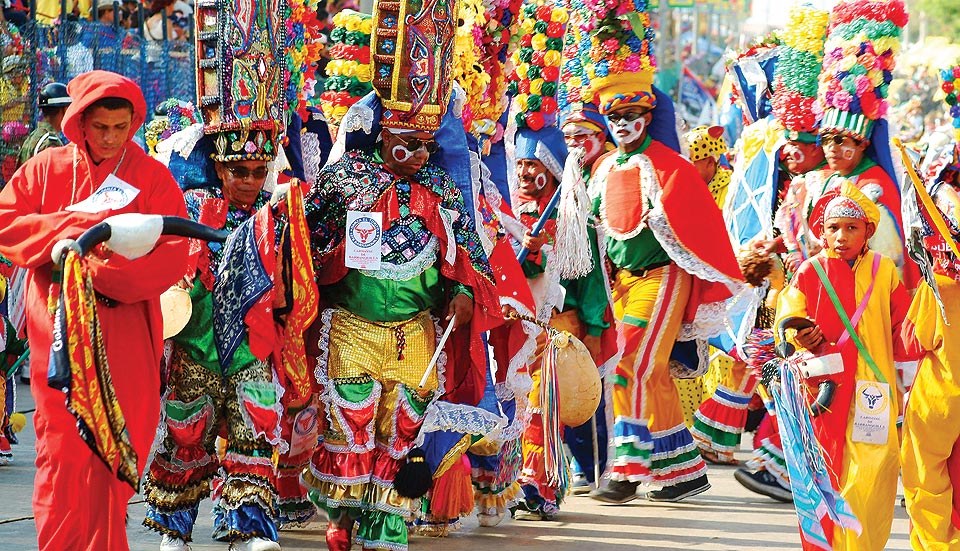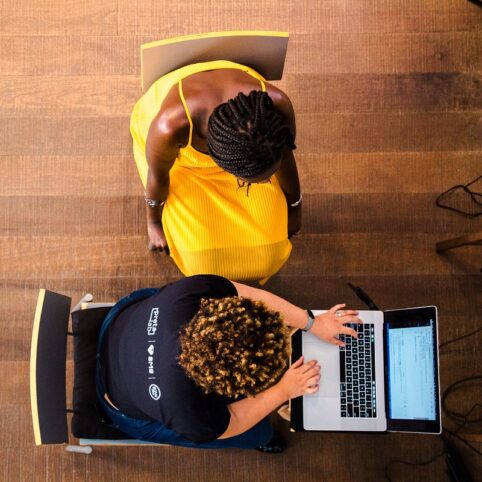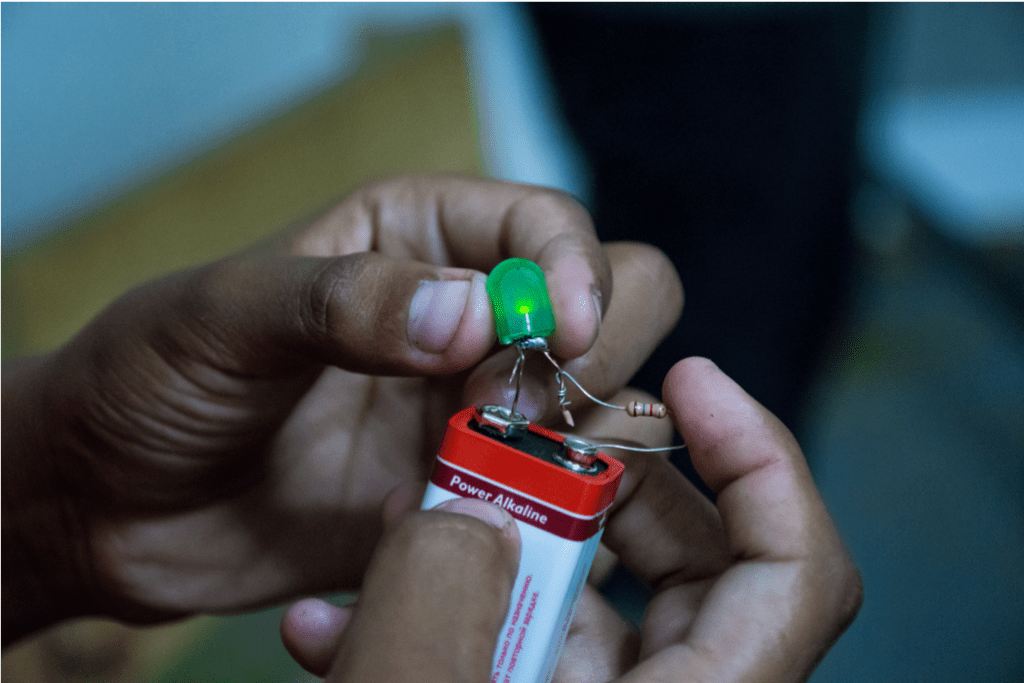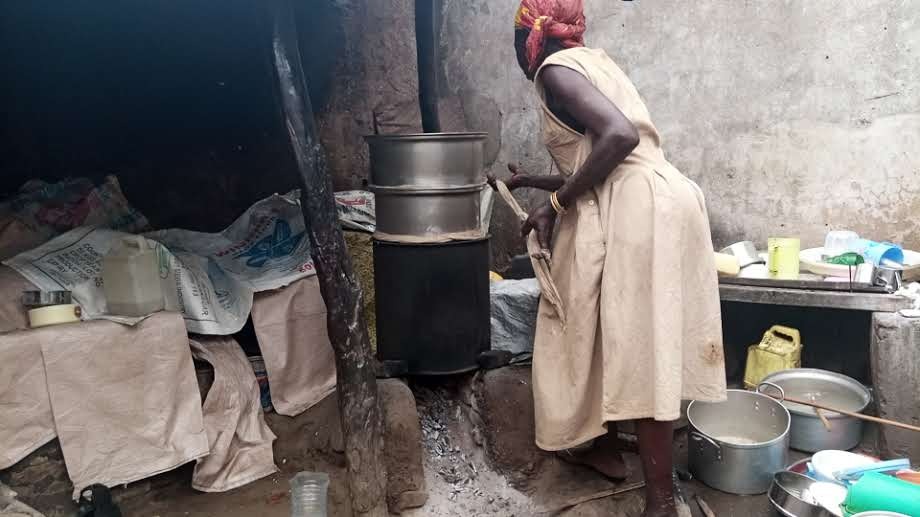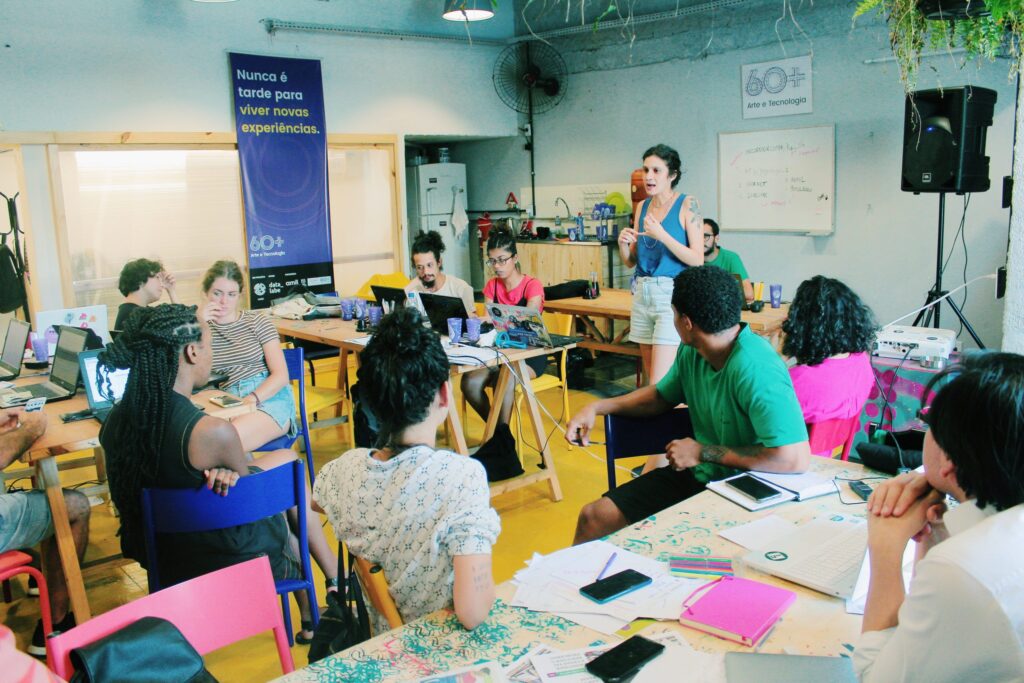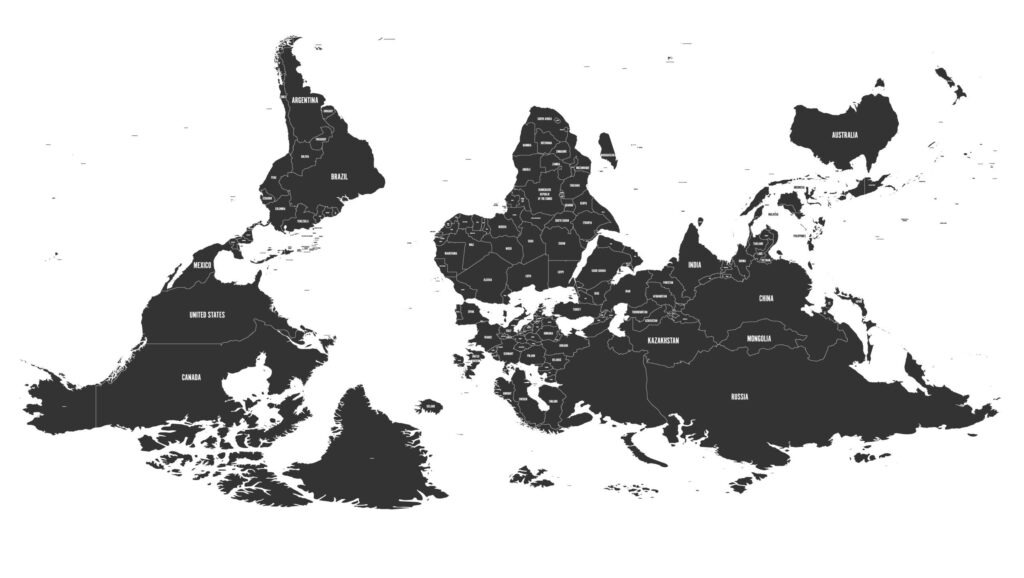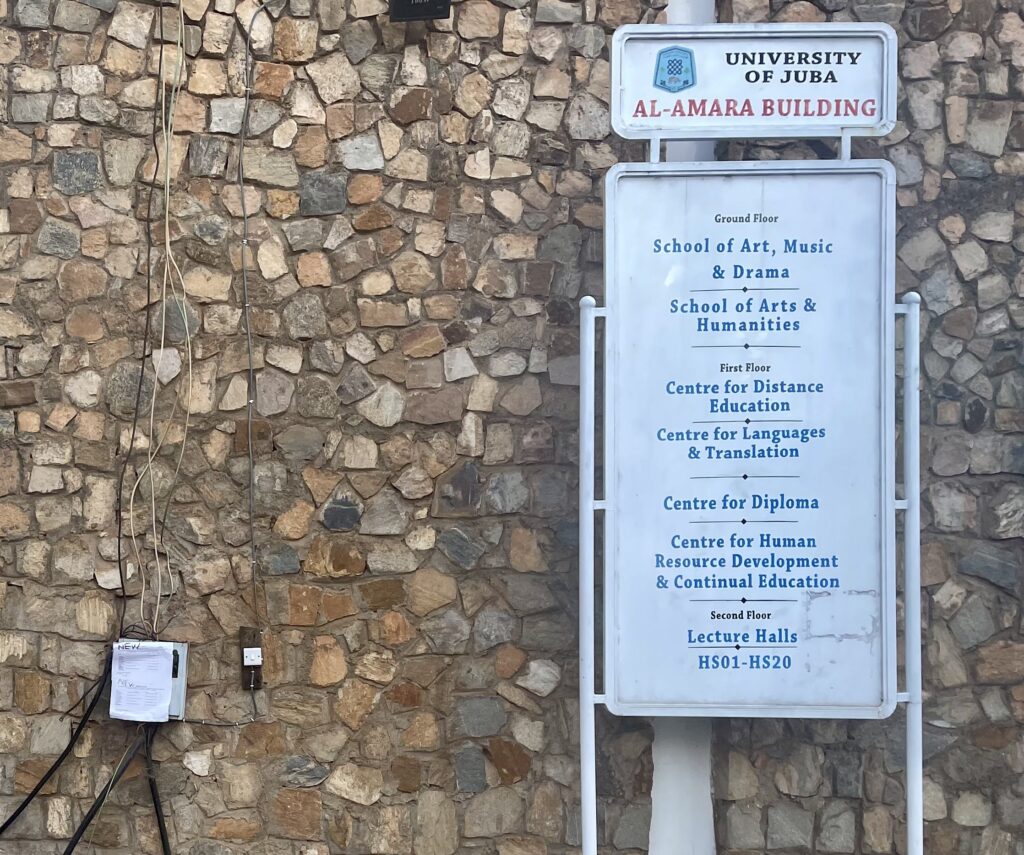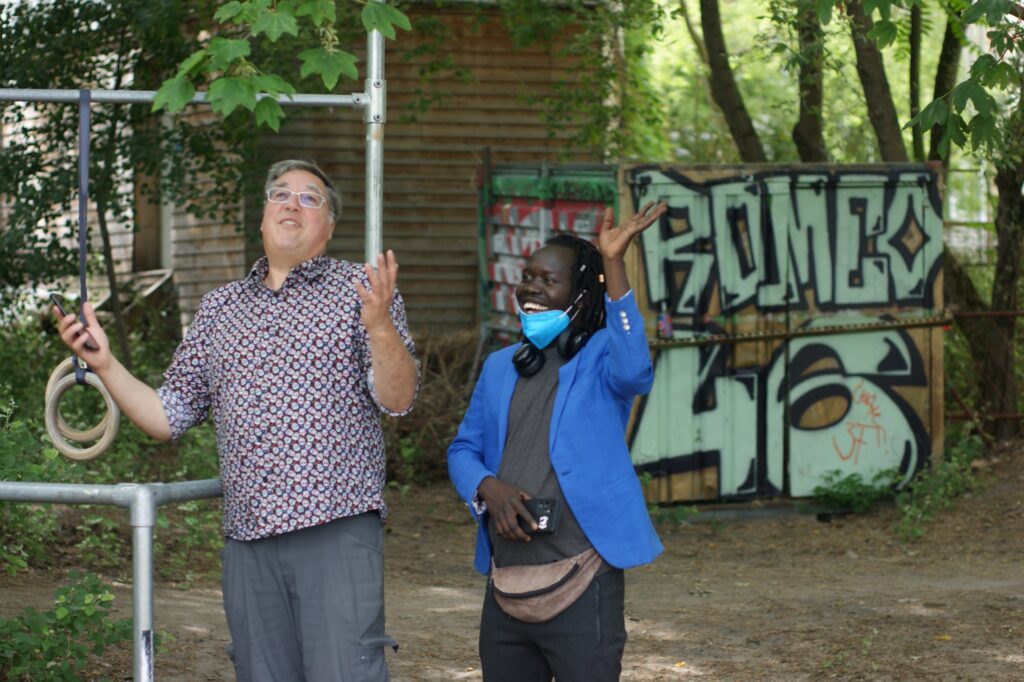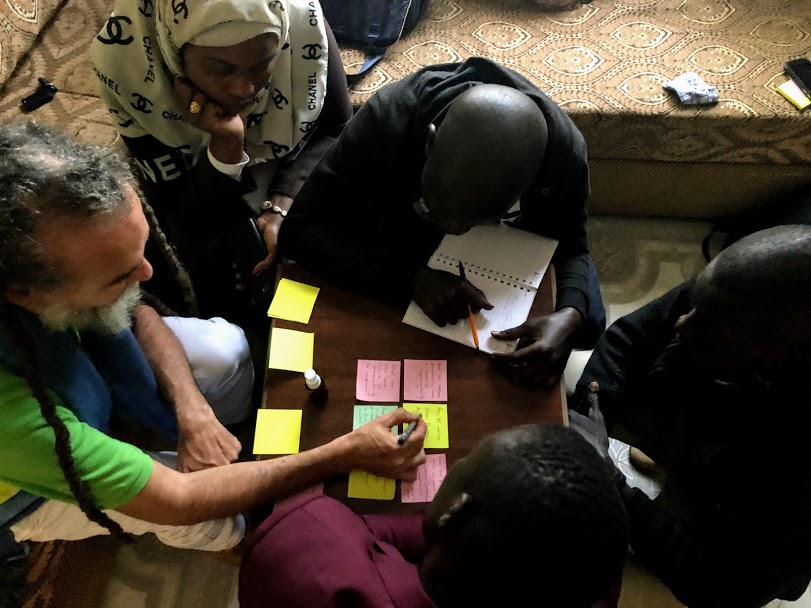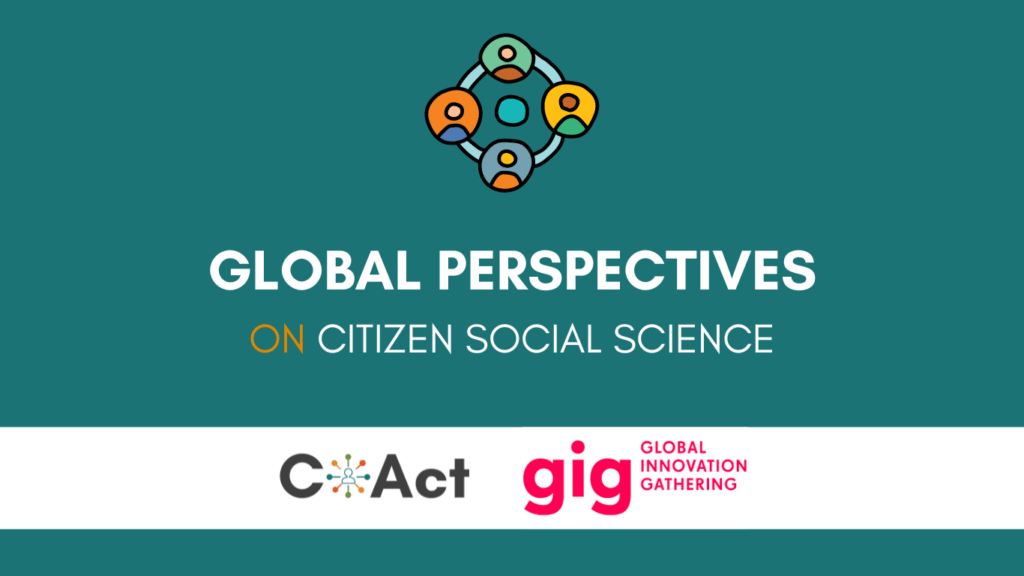
CSS Global Perspectives
This CoAct co-publication brings together voices from around the globe to unpack what CSS needs to account for to be truly inclusive. Voices from diverse contexts share what science should look like when accounting for multiple voices, needs, and traditions from around the world.
In a ten months process, we are collecting blog post-style contributions from around the world organized along five key topics. In November, we will compile all voices in an open publication format.
Two years ago, we came together with a group of *Open *Citizen *Social Science (OCSS) experts from all around the world -from remote and urban settings, from striving and challenging contexts- and asked ourselves, What do Open Science and Citizen Social Science have in common? What can we learn from each other? And why should we collaborate? Deriving from the many conversations we had with the Open Citizen Social Science community, including many of you, we identified five crucial topics to bring forward in this compilation through contributions from everyone who seeks to share their approaches, best practices, failures and essential lessons learned from across the world.
This publication is also available in an open format to download in the GIG Library
Locally driven protocols and local traditions in Science
“The first way of openness is to depart from the perspective of the people we work with and not to perceive our own perspectives as expert knowledge. We need to understand, learn, and depart from local perspectives and practices, adopting together the protocol local communities will use. Those protocols will differ from those in the lab or in the walls of academia but the direction shall be to learn from them. Part of this is to embrace mythology and ritual as an integrative part of the participatory methodology. We need to take care of this contextualized knowledge wherever and with whomever, we are working with. This includes connecting ancient science (mythology) and contemporary science. “
Deriving questions → What is required in order to reframe the mainstream understanding of expertise and adopt protocols of local communities as common practice? How can local traditions, such as rituals and mythology be embraced as a central component of CSS methodology?
Locally driven protocols and local traditions in the Open Citizen Social Sciences
On April 21, 2022, GIG hosted the first out of five hangouts that address pressing issues to enable inclusive, bottom-up practices in the most diverse contexts around the world. The given topics have been identified throughout a series of conversation formats. In addition, as we are heading towards a co-created publication aiming to capture the…
Decentralising Science – Locally driven validation protocols in MboaLab Cameroon
by Nadine Mowoh, MboaLab Cameroon Scientific methods are repeatable by definition and validated for accuracy, specificity, reproducibility and robustness – meaning the same steps must be followed to predict future results. They also follow a systematic and/or standardised methodology based on evidence. In the context of local protocols, such as traditional…
The Ownership of Science
“We should acknowledge the constant interaction of science and ‘living hood’. Taking care of others, enacting rituals, and making remedies. Is Citizen Social Science about bringing science back to its original ‘owners’? Do we have to admit that science is social in its essence and has always been? An example is a traditional medicine, which was open source before being compromised by the industries.”
Deriving question → What role should/can Citizen Social Science play in bringing Science back to its ‘original owners’?
Artificial Inteligence & Inclusion
Building a Latin American Agenda for Studies on Surveillance, Technology, and Society 1
For more perspectives on Citizen Social Science
Open Citizen Social Science and Collaboration – A key element in driving STEM Education in South Sudan.
By Yine Yenki Nyika For a very long time, and globally, women and girls shy away from science. Yet, our mothers, in one way or the other, practice science every single day. The limited recognition of local traditional activities, such as brewing and distilling alcohol as science driven practices, is due…
Data generation as citizen science // A favela agenda to opening science
Gilberto Vieira [1] photo credit: Eloi Leones In recent years I have come across an instigating debate that sometimes, depending on where it takes place, asks us: who does science belong? This seems to be a fundamental question for us to understand the paths that democracies will take in the coming…
Geração de dados como ciência cidadã // Uma agenda favelada pela abertura da ciência
Gilberto Vieira [1] photo credit: Eloi Leones Nos últimos anos tenho me deparado com um debate instigante que, às vezes, a depender de onde é feito, nos pergunta: a quem pertence a ciência? Esta parece ser uma questão fundamental para entendermos os caminhos que as democracias vão tomar nas próximas décadas,…
Decolonizing our educational/institutional influences
“Talking from an African scientist context, our role as social scientists has to be being the ‘pacemaker’, in order to establish good connections between our own mythology and the western knowledge learned in school and academia. The biggest challenge for African scientists, who have been trained in western institutions, is to liberate themselves from western instructions in order to be able to understand what people locally are saying and seeing. How can we approach this for western scientists trained in western institutions?”
Deriving question → How can western and non-western scientists liberate themselves from western institutional ‘instructions’?
Decolonizing our educational/institutional influences – Towards open science funding and mental decolonization
by Kersti Ruth Wissenbach On June 23, 2022, GIG hosted the third out of five hangouts addressing pressing issues to enable inclusive, bottom-up Citizen Social Science practices in the most diverse contexts. The topics have been identified throughout a series of conversation formats with makers, citizen [social] scientists and activists from…
Discourse on Decolonizing the Education System in South Sudan
By Andrew Anda Wöndu The formal educational system in South Sudan has its origins in the mid-nineteenth-century British colonial period. Christian missionaries set up mission schools to train natives for evangelization and recruitment into the colonial administration. UNESCO defines formal education as “institutionalized, intentional, and planned through public organizations and recognized…
Practices to overcome false representation in participatory processes
“It is important to differentiate levels of participation and acknowledge that participation in international collaboration is often characterised by false representation since it is like a black box if people on the ground do not have access to the real knowledge of the project. We need to work towards opening this black box in order to truly speak about participation with people from the margins.”
Deriving question → What is required to fully open the black box of participation?
Overcoming False Representation – Nurturing a shared understandings of concepts and opening up knowledge in cross-disciplinary research
Hangout Recap by Kersti Ruth Wissenbach Jaiksana Soro – Platform Africa & Stephen Kovats – r0g_agency Picture credits rCC-BY-SA Pawel Ngei On September 15, GIG hosted the 4th out of 5 hangouts, addressing pressing issues to enable inclusive, bottom-up Citizen Social Science practices in the most diverse contexts. The topics have…
Re-Invent learning. Or, how making fosters empowerment and active participation
By Julia Kleeberger On this school day, the classroom of 7a at the Kurt-Schwitters-Oberschule presents a different picture than usual: In one corner of the room, some students are sitting and building a gripper arm that can be operated with one hand and makes it possible to fetch books and materials…
Democratization of Knowledge – Street Level Citizens Conversation Circles in Toronto
https://www.pexels.com/@diohasbi/ By Khan Rahi, Canadian Community-Based Research Network, Toronto, Canada In 2016, the Canadian Community-Based Research Network (CCRN) and its volunteers, based in Toronto, Canada, held a series of community-wide conversations to identify community-driven issues of interest to everyday citizens. The interviews with thematic experts, community-based researchers and civic society activists…
Examples of and learnings from ethical standard setting in OCSS communities
We need more advocacy for the ethics in Open Science (and we will need it for Citizen Social Science too) in order to foster better documentation of open science processes. We need to create protocols to account for the voices of all those communities rooted in oral traditions in this process. The end goal of a participatory process needs to be the community and what needs to be done for them to get impact as defined by them.
Deriving question → What is required in order to establish and follow ethical standards and enact deriving protolocals in OpenCitizen*Social Science processes?
Ethical standard setting in OCSS communities
Nurturing a shared understandings of concepts and opening up knowledge in cross-disciplinary research By Kersti R. Wissenbach Critical Making session during DOtS 19, Nakuru, Kenya On September 22, GIG hosted its final hangout addressing pressing issues to enable inclusive, bottom-up Citizen Social Science practices in the most diverse contexts. The topics…

